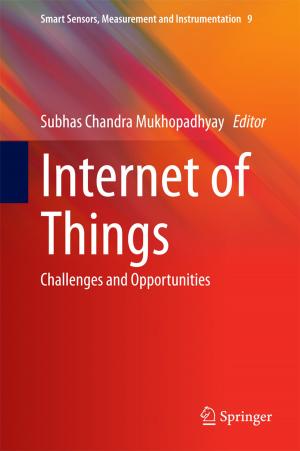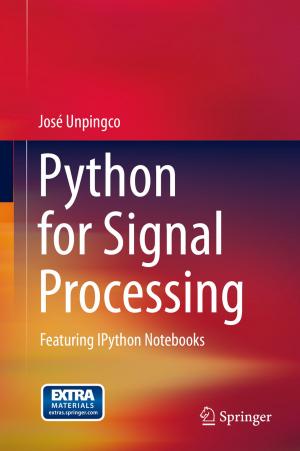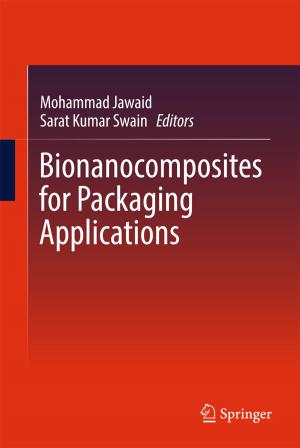Sustainable Pest Management in Date Palm: Current Status and Emerging Challenges
Nonfiction, Science & Nature, Science, Biological Sciences, Entomology, Technology, Agriculture & Animal Husbandry| Author: | ISBN: | 9783319243979 | |
| Publisher: | Springer International Publishing | Publication: | December 21, 2015 |
| Imprint: | Springer | Language: | English |
| Author: | |
| ISBN: | 9783319243979 |
| Publisher: | Springer International Publishing |
| Publication: | December 21, 2015 |
| Imprint: | Springer |
| Language: | English |
Date palm, Phoenix dactylifera L. (Arecales: Arecaceae), is an important palm species cultivated in the arid regions of the world since pre-historic times and traditionally associated with the life and culture of the people in the Middle-East and North Africa which are the pre-dominant date palm growing regions worldwide. The Food and Agriculture Organization of the UN estimates that there are over 100 million date palms with an annual production of over 7.5 million tonnes
A recent report on the arthropod fauna of date palm, enlists 112 species of insects and mites associated with date palm worldwide including 22 species attacking stored dates. Enhanced monoculture of date palm in several date palm growing countries coupled with climate change, unrestrained use of chemical insecticides and extensive international trade is likely to impact the pest complex and the related natural enemies in the date agro-ecosystems. In view of the importance of date palm as an emerging crop of the future and the need to develop and deploy ecologically sound and socially acceptable IPM techniques, this book aims to comprehensively address issues related to the biology and sustainable management of major insect and mite pests of date palm by assessing the current IPM strategies available, besides addressing emerging challenges and future research priorities. The issues pertaining to the role of semiochemicals in date palm IPM involving new strategies revolving around “attract and kill” and “push-pull” technologies, phytoplasmas and their insect vectors with implications for date palm, innovative methods for managing storage pests of dates and knowledge gaps in devicing sustainable strategies for the management of red palm weevil, Rhynchophorus ferrugineus (Olivier) are also addressed
Date palm, Phoenix dactylifera L. (Arecales: Arecaceae), is an important palm species cultivated in the arid regions of the world since pre-historic times and traditionally associated with the life and culture of the people in the Middle-East and North Africa which are the pre-dominant date palm growing regions worldwide. The Food and Agriculture Organization of the UN estimates that there are over 100 million date palms with an annual production of over 7.5 million tonnes
A recent report on the arthropod fauna of date palm, enlists 112 species of insects and mites associated with date palm worldwide including 22 species attacking stored dates. Enhanced monoculture of date palm in several date palm growing countries coupled with climate change, unrestrained use of chemical insecticides and extensive international trade is likely to impact the pest complex and the related natural enemies in the date agro-ecosystems. In view of the importance of date palm as an emerging crop of the future and the need to develop and deploy ecologically sound and socially acceptable IPM techniques, this book aims to comprehensively address issues related to the biology and sustainable management of major insect and mite pests of date palm by assessing the current IPM strategies available, besides addressing emerging challenges and future research priorities. The issues pertaining to the role of semiochemicals in date palm IPM involving new strategies revolving around “attract and kill” and “push-pull” technologies, phytoplasmas and their insect vectors with implications for date palm, innovative methods for managing storage pests of dates and knowledge gaps in devicing sustainable strategies for the management of red palm weevil, Rhynchophorus ferrugineus (Olivier) are also addressed















